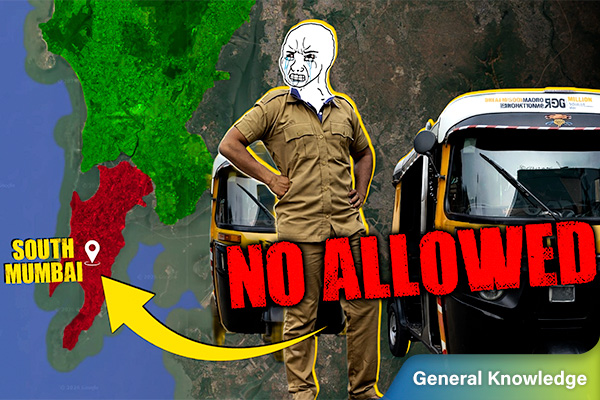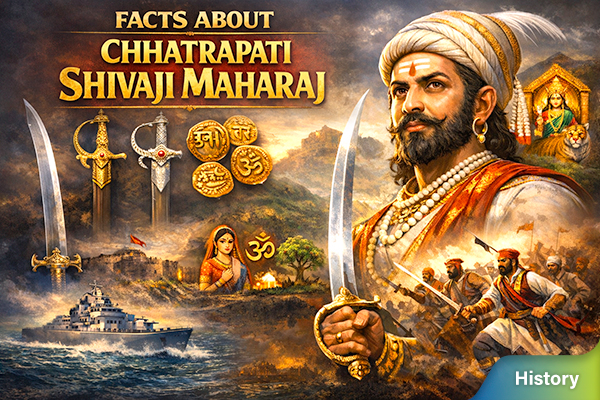Goddess, Revenge, Broken Oath & Brave Hare: The Story of Jamnagar
The origin story of the city of Jamnagar is as fascinating as Jamnagar’s culture. The story involves Maa Ashapura ji, a revenge, a broken oath & a brave hare.
Jamnagar is trending ever since Anant Ambani held his 3-day long pre-wedding celebration with Radhika Merchant there and launched his dream pet project, Vantara.
The coastal town of Jamnagar is located 300 kms west of Ahmedabad. It is popular for its tie & dye (bandhani) work on fabrics, silken & gold embroidery, and brass article work.
Apart from its colorful culture, Jamnagar also has a fascinating history involving a Goddess, revenge, a broken oath, and a brave hare.
The Legend of Jam Raval
According to legends, in the 16th century, the Sultan of Gujarat, Bahadur Shah, gifted 12 villages to Jam Lakhaji, the chief of Tera village in Kutch, for his role in a military operation in Pavagadh district. However, before he could assume kingship of these villages, Jam Lakhaji was murdered by his cousin Tamachi Deda and his brother-in-law Hamirji Jadeja in a conspiracy.
Jam Lakhaji’s son, Jam Raval, escaped the conspiracy and vowed to take revenge for his father's murder. He prayed to Maa Ashapura Ji, the Jadeja clan’s kul-devi, and took an oath on her name to only kill Tamachi Deda, the mastermind of the murder. Maa Ashapura Ji appeared in his dream, blessing him with her protection and guidance.
Jam Raval attacked his father’s murderers, killed Tamachi, and conquered his territory of Dhrol. However, when he captured Hamirji Jadeja, Jam Raval broke his oath and killed him too. Maa Ashapura Ji appeared in his dream again, angry at him for breaking his oath. She exiled Jam Raval from Kutch but guided him to settle in Kathiawar in south Gujarat.
Jam Raval gathered his followers and traveled to Kathiawar. There, he came across a land with scenic beauty and rich natural resources. His hunting dogs were scared off by a brave hare. Impressed by the bravery of the hare, Jam Raval decided to settle there, naming the capital Nawanagar, meaning “the new city.”
Jam Raval built a fort and a palace on the banks of Rangmati and Nagmati rivers and established a temple of Maa Ashapura Ji, hoping for forgiveness and blessings. He ruled his new kingdom with justice and wisdom.
Jamnagar's Unique Legacy
After India's independence, the Nawannagar kingdom merged with other princely states and was named Jamnagar, meaning the city of the Jams, after Jam Raval and his lineage.
Did you know that Jamnagar is the only city in the world with a fully functioning solarium? A solarium is a device that treats various diseases using sunlight. The solarium was built in 1933 by the then ruler, Jam Saheb Digvijaysinhji.
During World War II, Jam Saheb Digvijaysinhji provided shelter to thousands of Polish refugees. He humbly welcomed the Polish orphans and gave them land, education, and facilities to live in Jamnagar. Because of this, Jamnagar still has strong connections with Poland.
Isn’t it an interesting story? ISH has released videos on the history of some Indian states too. You can watch them here:
Part 1: https://ish.news/wb-10-12-2023_1
Part 2: https://ish.news/wb-01-05-2024
Jamnagar, with its rich culture, fascinating history, and royal legacy, continues to captivate people’s imagination.







